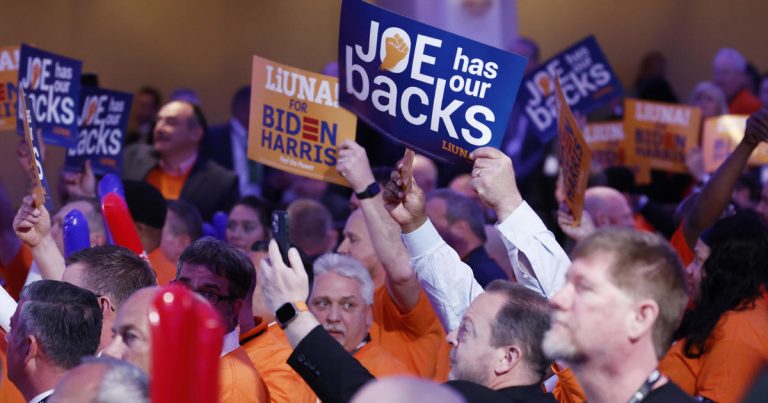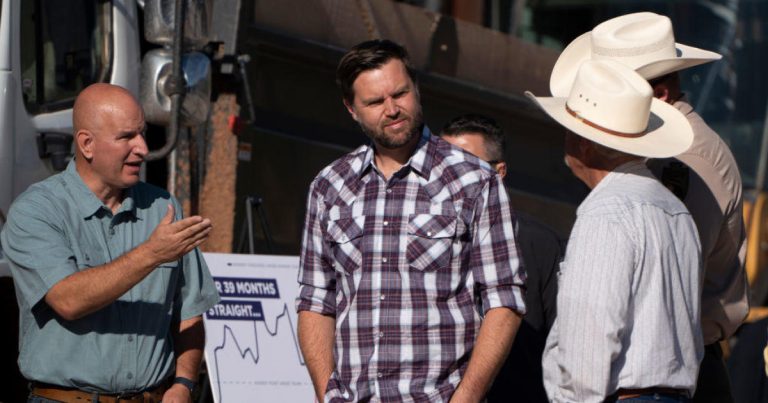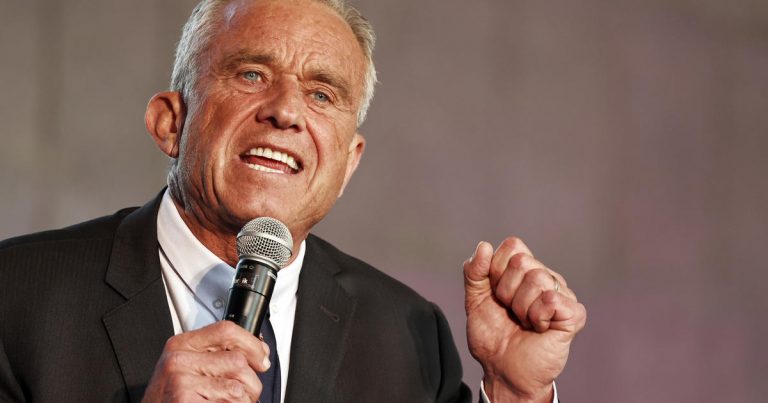Singer Rufus Wainwright calls Trump campaign’s use of Leonard Cohen’s “Hallelujah” “blasphemy”
Welcome to Boston Post News, where we bring you the latest updates and insights on various topics. Today, we delve into an interesting controversy surrounding former President Donald Trump, Leonard Cohen’s iconic song “Hallelujah,” and the reaction from Rufus Wainwright and Cohen’s estate.
It all started on Monday when Trump turned a town hall Q&A into a music-listening session, swaying on stage for over 30 minutes to some of his favorite tunes, including Wainwright’s cover of “Hallelujah,” famously featured in the film “Shrek.” Wainwright took to social media to express his dismay, calling Trump and his supporters’ interaction with the music a “height of blasphemy.”
Following this incident, the publishing company representing Cohen’s estate issued a cease and desist letter to the Trump campaign. Cohen, the genius behind the original 1984 release of “Hallelujah,” has inspired countless musicians to cover the song, such as Wainwright and the late Jeff Buckley.
Amidst the escalating tension, both the Trump campaign and representatives for Wainwright and Cohen’s estate remained silent when requested for comments, adding more intrigue to the situation.
This clash over “Hallelujah” is not an isolated incident. The Trump campaign has faced similar objections from various artists like Celine Dion, the Foo Fighters, Isaac Hayes, and The White Stripes, who have all raised concerns over unauthorized use of their songs at political events.
Wainwright, in particular, emphasized the symbolic nature of “Hallelujah,” describing it as an anthem of peace, love, and acceptance of truth. He expressed his disappointment at the song’s association with Trump, hoping that perhaps through listening to its lyrics, the former president might experience a shred of remorse for his actions.
Wainwright also revealed his support for Vice President Kamala Harris in the upcoming presidential election, further highlighting the political undertones of the music used at the town hall event in Oaks, Pennsylvania.
Beyond “Hallelujah,” Trump played a selection of other tracks at the gathering, ranging from James Brown’s “It’s A Man’s Man’s Man’s World” to Sinead O’Connor’s “Nothing Compares 2 U,” setting the stage for a musical backdrop that captured a range of emotions and sentiments.
The clash between musicians and political campaigns underscores the power of music as a form of expression and resistance. As artists like Wainwright continue to assert control over their creative works, the debate over the ethical use of music in political contexts rages on.
As we navigate through these complexities, we invite you to stay tuned for more updates and analysis on the intersection of music, politics, and artistry. Thank you for joining us at Boston Post News, where we unravel the stories that shape our world.








